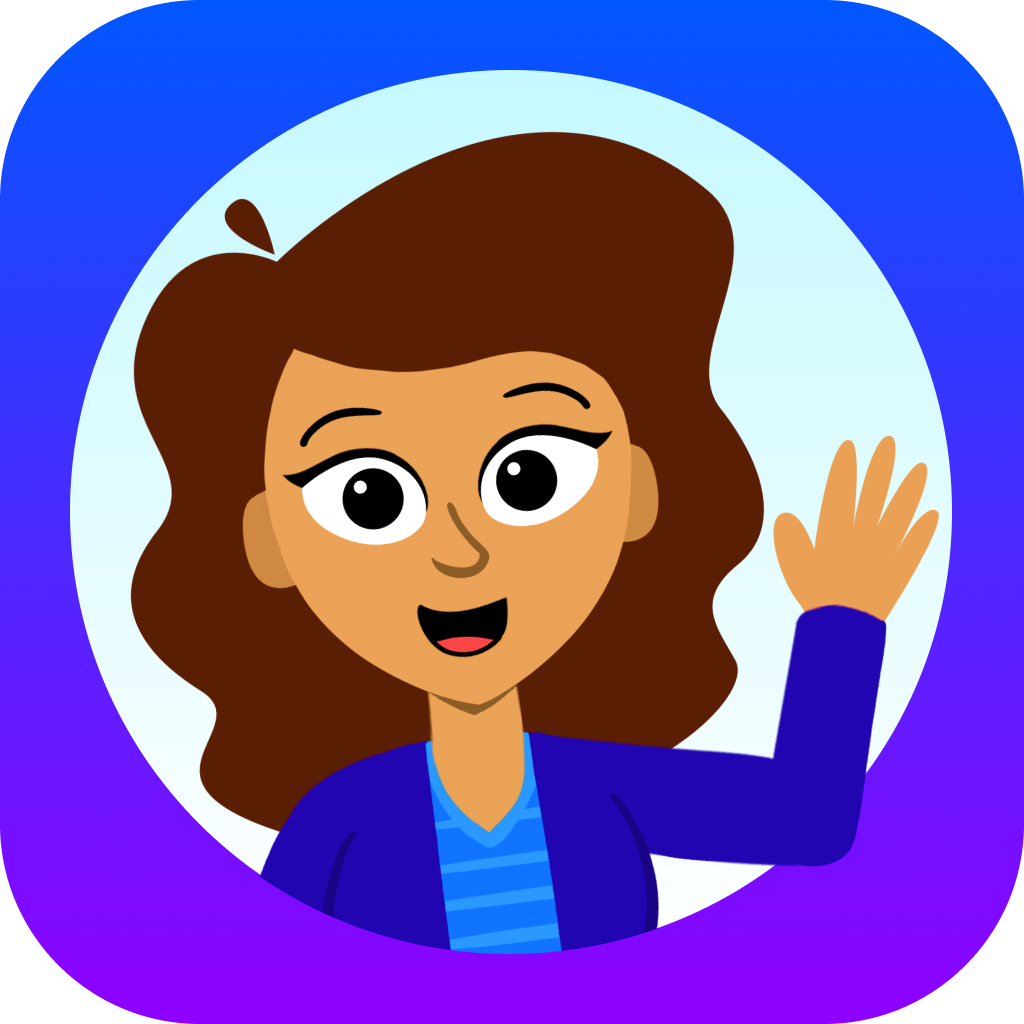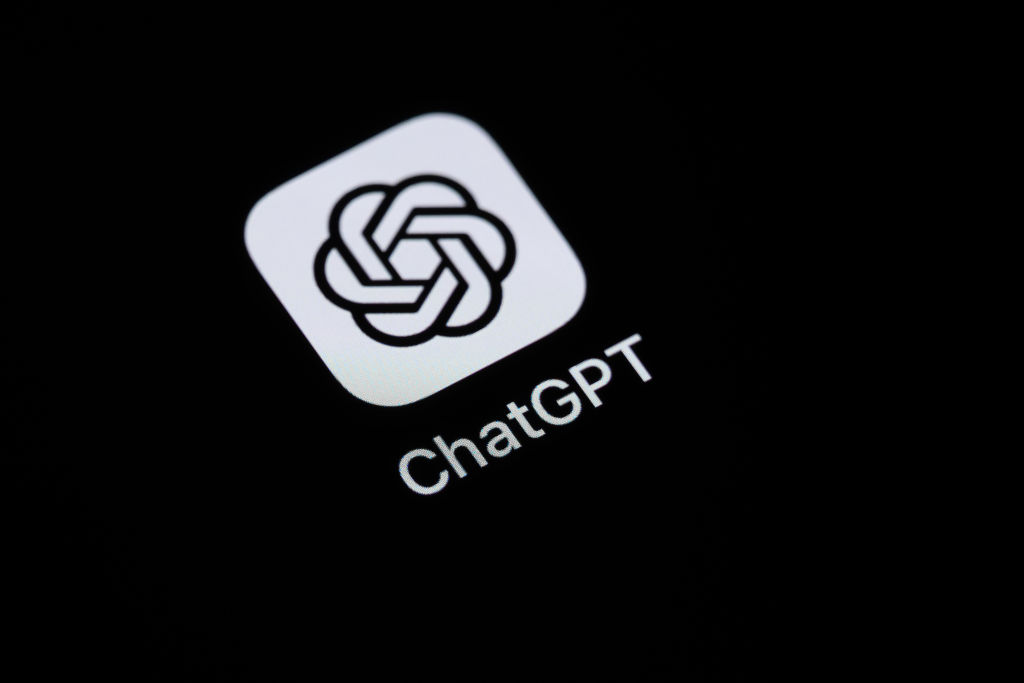
A burgeoning startup is poised to redefine access to individualized academic support for young learners across the United States, leveraging advanced artificial intelligence to deliver high-quality, affordable tutoring. Super Teacher, a four-year-old company founded by former Google product manager and educator Tim Novikoff, has developed an AI-powered tutoring application designed specifically for elementary school students, aiming to democratize an educational advantage traditionally reserved for a privileged few. This innovative approach, which sidesteps the prohibitive costs associated with human tutors, is gaining significant traction and is slated for a prominent showcase at TechCrunch Disrupt 2025 in San Francisco.
The Persistent Challenge of Educational Disparity
The profound impact of one-on-one tutoring on a child’s academic trajectory is well-documented and widely acknowledged by educational researchers. Studies consistently highlight tutoring as one of the most potent interventions for boosting student achievement, fostering deeper understanding, and building confidence. Despite this overwhelming evidence, access to such personalized instruction remains severely limited for the vast majority of American students. A 2023 survey investigating some of the nation’s largest school districts revealed a stark reality: fewer than 10% of students were receiving tutoring services. The primary barrier, time and again, is financial. Private tutoring can easily cost hundreds, if not thousands, of dollars per month, placing it well beyond the reach of most families. This creates a significant educational inequity, where students from affluent backgrounds benefit from tailored support while their less fortunate peers struggle to keep pace without it.
This disparity has been a long-standing issue within the U.S. education system, exacerbated in recent years by the widespread disruption of the COVID-19 pandemic. The sudden shift to remote learning, varying levels of technological access, and the emotional toll of the crisis contributed to significant learning loss across student demographics, particularly in foundational subjects like reading and mathematics. In the wake of the pandemic, the urgency for effective, scalable, and affordable interventions has intensified, making solutions like Super Teacher particularly relevant.
A Mission Born from Classroom Observation
Tim Novikoff’s journey to founding Super Teacher is rooted in his personal experience as an educator in New York City. His teaching career spanned two vastly different educational environments: first, in a Harlem school, and later, at the highly selective Stuyvesant High School. This stark contrast provided Novikoff with firsthand insight into the profound impact of supplemental academic support. He observed that virtually all students at Stuyvesant benefited from private tutoring, a resource largely unavailable to his students in Harlem. The resulting differences in their educational experiences were undeniable and deeply impactful.
This observation solidified Novikoff’s conviction that access to quality tutoring should not be dictated by socioeconomic status. He articulated his motivation clearly, stating that tutoring represents "by far the most effective intervention that can be provided to kids for education, and it’s not even close." He underscored the inherent unfairness of this disparity, articulating a clear mission: to democratize access to private tutoring, making it a universal opportunity rather than a luxury. This foundational belief propelled him to leverage his expertise in technology and product management, honed during his tenure at Google, to address a critical societal need. Prior to Super Teacher, Novikoff had already demonstrated his entrepreneurial acumen by founding Fly Labs, a mobile video-editing application that Google acquired in 2015, showcasing his ability to build impactful tech solutions.
Super Teacher’s Technological Edge: Precision Over Generative AI
At the heart of Super Teacher’s offering is an innovative application that utilizes animated tutors with AI-generated voices to guide elementary students through interactive lessons. The interface is designed for natural interaction, allowing students to communicate with the app using voice commands, mirroring a conversation with a human teacher. This conversational approach aims to make learning more engaging and less intimidating for young children.
However, a critical distinction sets Super Teacher apart from many contemporary educational technology tools, especially those emerging in the era of generative AI. While many new platforms are quick to integrate large language models (LLMs) for dynamic content generation, Super Teacher employs a deterministic system for its content delivery. This strategic choice is fundamental to the company’s commitment to accuracy and reliability. LLMs, while powerful, can sometimes generate incorrect or "hallucinated" information, a risk Novikoff deemed unacceptable for foundational elementary education. By relying on a carefully curated, deterministic content engine, Super Teacher ensures that every answer and every piece of instruction is consistently accurate, providing a trustworthy learning environment for young minds. This focus on precision underscores a thoughtful approach to AI integration in sensitive educational contexts.
Broader Implications: Market, Pedagogy, and Equity
The advent of affordable AI tutoring services like Super Teacher holds significant implications across the educational landscape. From a market perspective, it taps into a vast, underserved segment. The supplemental education market is substantial, and by drastically reducing the cost barrier, Super Teacher could unlock demand from millions of families who previously couldn’t afford private tutoring. The current sign-up figures — approximately 20,000 families — along with adoption in public schools across New York, New Jersey, and Hawaii, signal a strong initial market validation for this model.
Socially, the potential impact on educational equity is profound. By providing an effective, low-cost alternative, Super Teacher directly addresses the achievement gap that often correlates with socioeconomic status. Children who might otherwise fall behind due to a lack of personalized attention could now receive tailored support, potentially leading to improved academic outcomes, increased self-esteem, and a greater chance of long-term success. This could gradually reshape the cultural narrative around educational support, moving it from an exclusive benefit to a widely accessible resource.
Pedagogically, the integration of AI tutors presents both opportunities and challenges. While AI can offer individualized pace and feedback, it also prompts questions about the role of human interaction in learning. Super Teacher’s approach, focusing on elementary students, recognizes the importance of engaging young children through interactive and visually appealing methods. The voice-based interaction mimics human conversation, which can be crucial for developing communication skills alongside academic knowledge. The challenge for educators and parents will be to effectively integrate such tools into a holistic learning strategy, ensuring a balance between digital instruction and traditional classroom experiences, peer interaction, and human mentorship.
The Future of Learning: Tools, Not Replacements
Despite the transformative potential of AI in education, Novikoff remains resolute in his conviction that AI tutors are not, and should not be, seen as a replacement for human teachers. Instead, he views these technologies as powerful tools that can augment and enhance the teaching profession, akin to smart boards or calculators. This perspective aligns with a growing consensus among educators and technologists that AI’s greatest value in the classroom lies in its capacity to free up teachers’ time, personalize learning paths, and provide immediate, data-driven insights, rather than supplanting the nuanced human elements of teaching, mentorship, and social-emotional development.
For elementary education, this distinction is particularly vital. Young children benefit immensely from the emotional connection, empathy, and adaptive instruction that only a human teacher can provide. AI can handle repetitive drills, provide instant feedback on specific problems, and reinforce concepts, allowing teachers to focus on complex problem-solving, creative thinking, and addressing individual student needs that require a human touch.
Currently, Super Teacher specifically targets elementary school students, a strategic decision influenced by Novikoff’s desire to support his own children’s learning and a recognition that this age group is often underserved by sophisticated edtech solutions. Looking ahead, the company harbors ambitions to expand its offerings to younger and older grades, thereby broadening its reach and impact across the K-12 spectrum. Further partnerships with school districts across the U.S. are also on the horizon, signaling a vision for widespread integration into public education systems. The presence of Super Teacher as a Startup Battlefield Top 20 finalist at TechCrunch Disrupt 2025 highlights the industry’s recognition of its innovative approach and its potential to significantly influence the future of education. As AI continues to evolve, Super Teacher’s journey will offer a compelling case study in how technology can be harnessed responsibly and effectively to address long-standing inequities and enrich the educational experiences of countless children.






